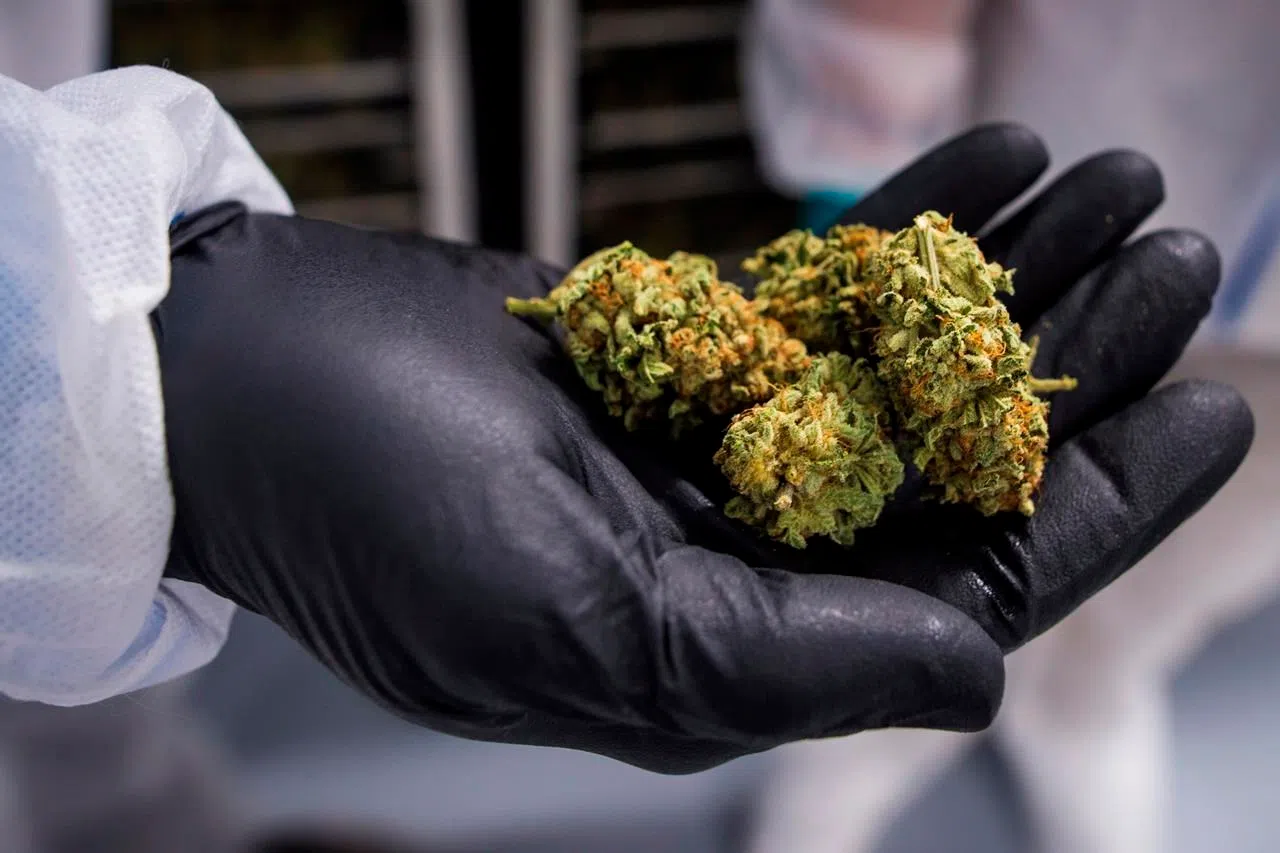
Past pot conviction won’t automatically prevent involvement in cannabis industry
OTTAWA — The federal government is imposing strict regulations aimed at ensuring organized crime doesn’t infiltrate the recreational marijuana market once cannabis becomes legal in Canada on Oct. 17.
But officials say that doesn’t mean individuals with past convictions for possession or even trafficking of cannabis will automatically be excluded from participating in the burgeoning pot industry.
Key personnel involved in a company that applies for a Health Canada licence to grow, process or sell cannabis will have to receive security clearances. That includes anyone who directly or indirectly controls or influences the operations of the company, such as directors and officers of the company and its parent company, the head of quality assurance and the master grower.
Officials say each case will be assessed individually to determine if a person has any connection to organized crime or a history of serious criminality. But a past pot conviction, in itself, won’t necessarily disqualify someone.


